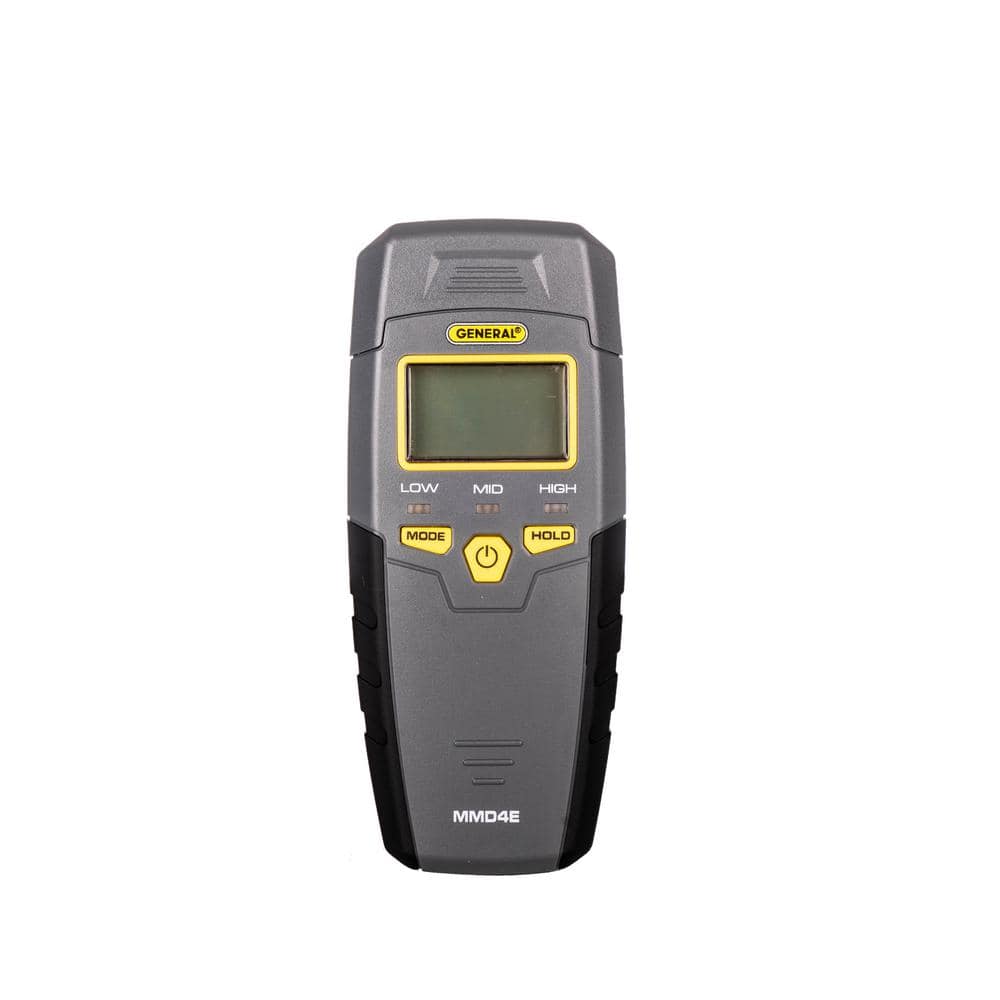Moisture Meter Purchasing Guide: What to Try to find in High-Quality Instruments
Moisture Meter Purchasing Guide: What to Try to find in High-Quality Instruments
Blog Article
The Ultimate Overview to Moisture Meters: A Comprehensive Overview and Exactly How They Can Conserve You Money
In the realm of building upkeep, building and construction, and numerous industries, the value of precisely measuring wetness degrees can not be overstated. Wetness meters offer as essential tools in detecting and monitoring moisture web content in materials, assisting in protecting against costly problems and guaranteeing the top quality of items. Recognizing the subtleties of different sorts of wetness meters, their applications, and the potential cost-saving advantages they use can be a game-changer for experts and organizations alike. Finding exactly how these devices can not only streamline processes yet likewise add to monetary cost savings is a trip worth embarking on.
Types of Moisture Meters
One usual type is the pin-type moisture meter, which determines the electric resistance between two pins put into a material. Pinless wetness meters, on the various other hand, use electromagnetic sensor plates to check a bigger area without creating damages to the product's surface.
Infrared dampness meters gauge the thermal buildings of a material to determine its dampness material non-invasively, making them beneficial for applications where pin or pinless meters may not be suitable. Comprehending the different types of dampness meters offered can assist industries choose the most proper tool for their details dampness measurement needs.

Advantages of Utilizing Moisture Meters

Moreover, making use of dampness meters can lead to increased energy effectiveness. By identifying areas with high wetness degrees, such as leakages or bad insulation, changes can be made to boost power conservation and reduce utility costs. In agricultural settings, moisture meters play an important function in enhancing plant yields by allowing farmers to keep an eye on soil wetness degrees and make notified irrigation decisions. In general, the benefits of using moisture meters span throughout numerous sectors, supplying economical options and promoting much better quality assurance methods.
Exactly How to Pick the Right Moisture Meter
Choosing the suitable moisture meter involves considering vital aspects such as material compatibility, dimension range, and calibration precision. When selecting a moisture meter, it's important to make certain that the meter appropriates for the specific product you will be screening. Different products have varying electric buildings that can impact dampness readings, so picking a meter created for your material is vital for accurate results. In addition, consider the dimension variety of the wetness meter. Make certain that the meter can discover dampness levels within the range required for your applications. Calibration precision is one more critical variable to maintain in mind (Moisture Meter). Select a wetness meter with dependable calibration to guarantee accurate and constant readings. Some meters might call for periodic calibration modifications, so understanding the calibration procedure is important. By thoroughly reviewing these elements, you can pick a moisture meter that satisfies your requirements and gives accurate moisture measurements for your tasks.
Correct Techniques for Moisture Meter Usage
To ensure exact dampness analyses and take full advantage of the performance of a dampness meter, using appropriate methods is essential. When making use of a pin-type wetness meter, place the pins or click to investigate probes right into the material being evaluated till they make full call. By complying with these proper strategies, individuals can rely on their wetness meter to provide reliable moisture degrees, aiding in protecting against costly damages or ensuring top quality in various applications.

Cost Cost Savings Via Moisture Meter Applications
How can the calculated utilization of wetness meters lead to significant expense savings throughout various markets? In the farming industry, wetness meters help in establishing the optimum time for harvesting plants, protecting against excess or over-drying wetness that can influence the last item's quality.

Additionally, in the food processing industry, dampness meters are necessary for keeping an eye on product quality and ensuring conformity with security regulations. By properly he said determining moisture web content in foodstuff, producers can protect against spoilage, maintain quality, and decrease waste, resulting in substantial cost savings. On the whole, the calculated application of moisture meters is a beneficial investment that can lead to considerable cost decreases and improved effectiveness across numerous industries.
Verdict
In verdict, dampness meters are valuable tools for determining and finding wetness degrees in different products. By using the best wetness meter and complying with proper techniques, customers can effectively prevent pricey problems created by excess wetness.
Wetness meters serve as essential tools in spotting and keeping track of moisture content in materials, assisting in stopping expensive damages and making sure the top quality of items. Infrared moisture meters measure the thermal residential or commercial properties of a material to establish its wetness material non-invasively, making them useful for applications where pin or pinless meters might not be appropriate.Moisture meters use vital advantages in properly monitoring and examining moisture degrees in varied materials and environments. In farming settings, wetness meters play an essential duty in optimizing plant yields by making it possible for farmers to keep an eye on dirt wetness degrees and make informed watering decisions.In final thought, dampness meters are important devices for discovering and gauging wetness degrees in various materials.
Report this page